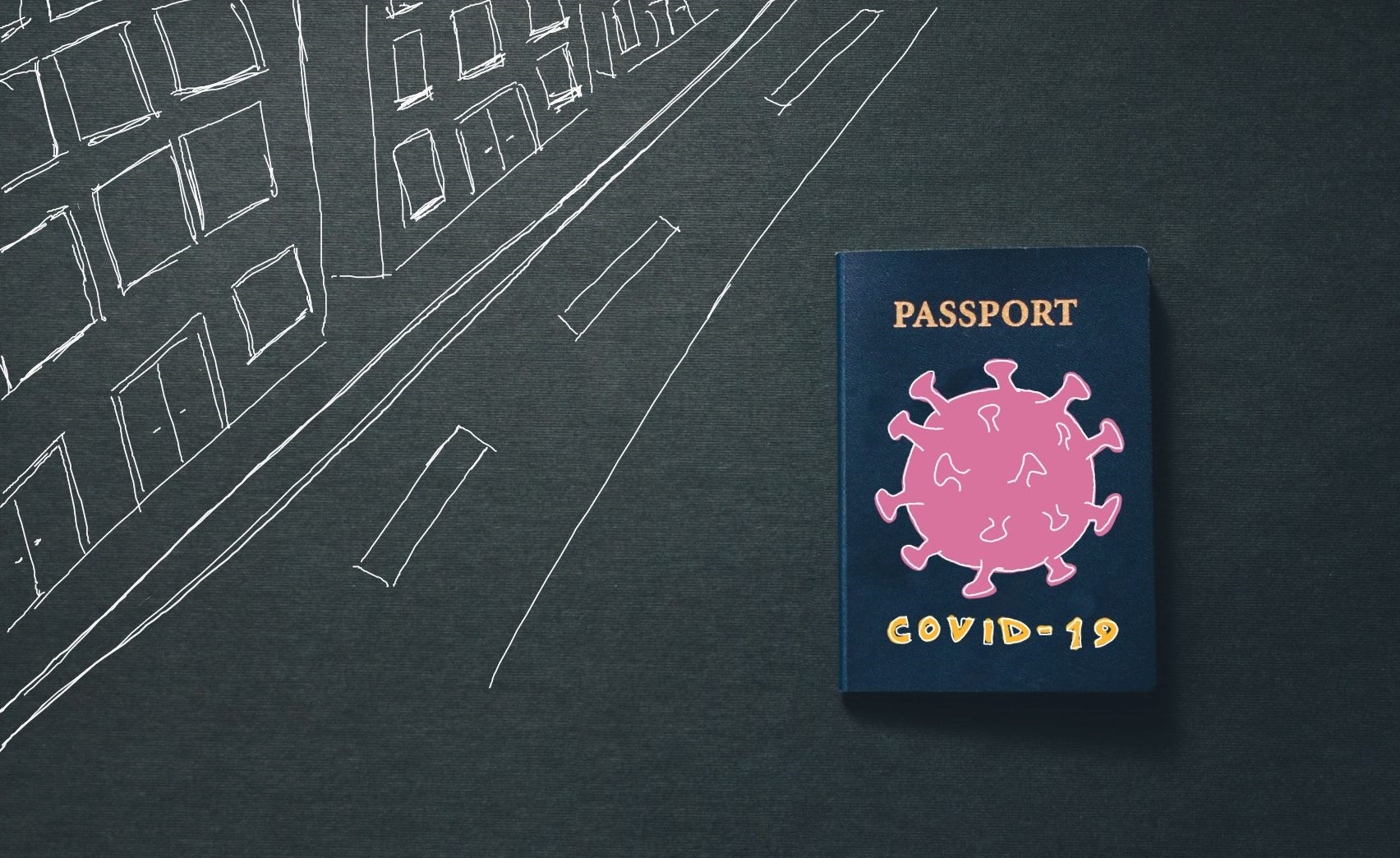Following the lead of other provinces such as Quebec and British Columbia, Ontario has announced the implementation of a vaccine passport.
The announcement comes as Ontario battles a fourth wave of COVID-19 infections spurred by the highly infectious Delta variant. According to CBC News, the vast majority of COVID-19 cases have been recorded in those who are unvaccinated.
Bill Campbell, media relations officer for the Ontario Ministry of Health, says the passport will come into effect on September 22, 2021.
“The government, in consultation with the chief medical officer of health, will require people to be fully vaccinated and provide proof of their vaccination status to access certain businesses and settings.”
These passports aim to curb the spread of the virus primarily in public settings such as restaurants, bars, and concert venues. The provincial government plans to make enforcement of the passport easier by introducing a digital vaccine certificate as well as an app that lets businesses verify the validity of said certificates.
While this would be the first time during the pandemic that private businesses would be required to ensure that clients are vaccinated, many post-secondary institutions have already required students, faculty, and staff to present proof of vaccination in order to participate in on-campus activities.
York has mandated vaccinations for those coming to campus for the fall term. Students, staff, and faculty must use the YU Screen tool to upload proof of vaccination as well as complete a daily screening of COVID-19 symptoms before coming to campus. Barring any exemptions, students who are not yet vaccinated have until October 19 to declare their vaccination status, after which they will not be allowed on campus.
Students arriving from outside of Canada are still subject to a mandatory 14-day quarantine. Remi Lariviere of Immigration, Refugees and Citizenship Canada has outlined the following requirements for international students.
“Since October 2020, foreign nationals who have been approved for a study permit and will be studying at a designated learning institution — whose COVID-19 readiness plan has been approved by their provincial/territorial government — have been allowed to travel to Canada, provided they met other requirements, including having a 14-day quarantine plan.”
Lariviere adds that students who have been fully inoculated with a vaccine approved by Health Canada may be exempt from the 14-day quarantine.
York is currently shouldering the cost of the 14-day quarantine for students, as well as organizing on-campus vaccine clinics in order to make it easier for community members to get vaccinated.




